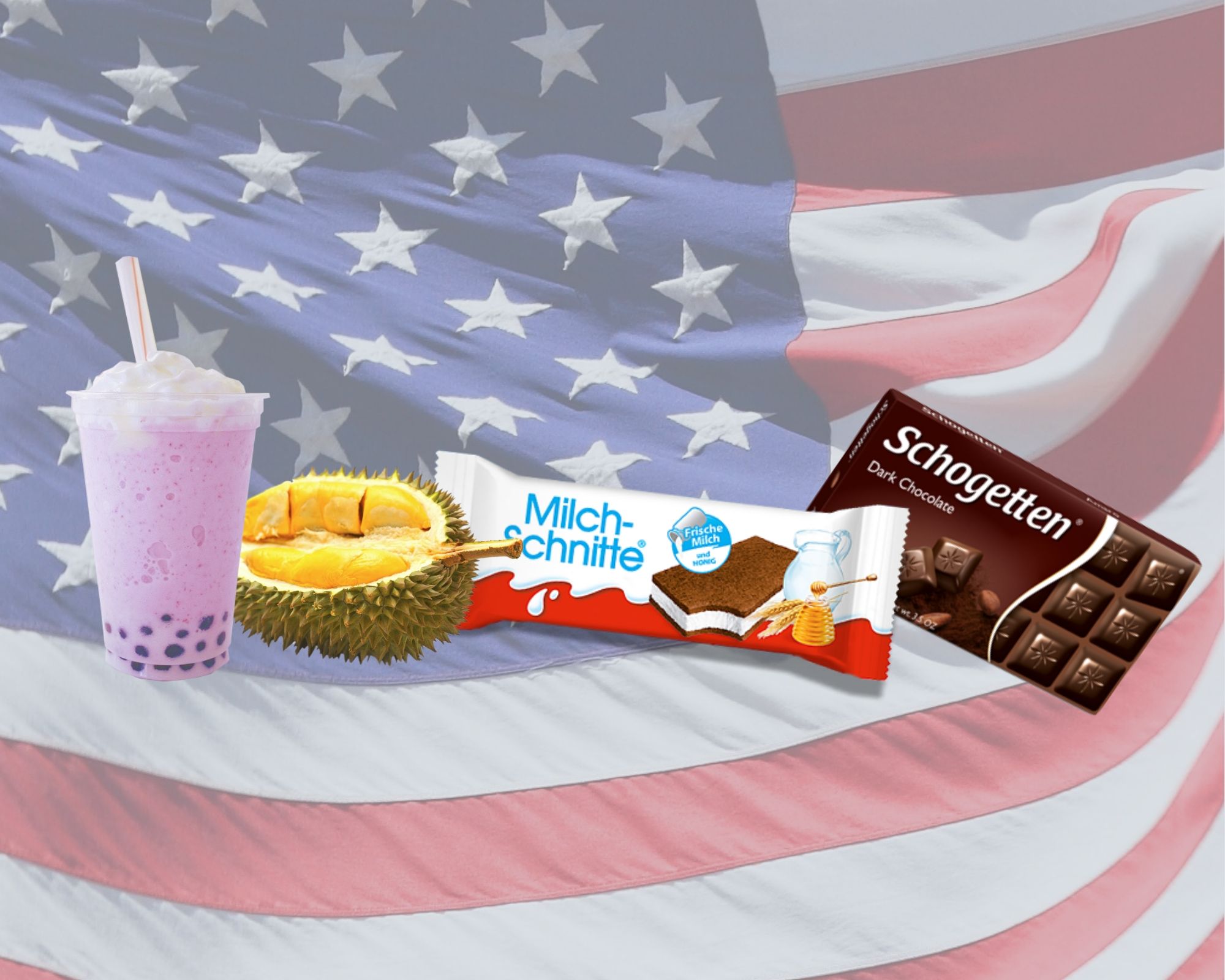They just want to nourish themselves—perhaps with some comfort food if they’re feeling particularly selfish that day. They’d like food that’s inherent to their culture without it being fetishized on social media when they grew up with people making fun of their food and their culture, calling them unsanitary and weird because of how inherent traditional dishes smelled different.
AJ King is a senior at the University of Iowa who goes by they/them pronouns. As a Filipino, they are familiar with the notion of feeling like a stranger in their own land; it’s something that’s become so commonplace, they don’t even register the isolating atmosphere in the Midwest at times.
“As far as groceries go, I wish that the ethnic session section was for one not called the ethnic section,” King said.
It’s a reminder that they will always be ‘other’ in a land that never accepted newcomers and diversity, a land that preached inclusivity but didn’t follow through in practice. It’s ironic that America still views itself as a “melting pot,” when it doesn’t even give groups that don’t fall under the quintessential white American access to basic ingredients, produce or snacks that are authentic to their culture.
Another student at the university, junior Johanna Cushing, also struggles to escape the Americanization of her native foods and traditions. Cushing comes from a German family rooted in traditional festivities and German food culture. They partake in Oktoberfest and Hofbräuhaus events throughout the year, both of which center around the celebration of German food and connect them with their cultural roots.
Cushing used to get small snacks from a German store that closed recently, and now she can’t find them anywhere. Because they were so rare but a favorite of hers, she would buy a bunch of these snacks—Halloren Kugeln truffles, Schogetten chocolate, Milchschnitte [twinkies but better], Spreewaldhof Spreelinge pickles and Spritzkuchen donuts—once a year and then hide them from her family members and friends. Simple German comfort foods and snacks are a rarity and privilege for Cushing to come by, one she wished was just an everyday commodity since these are foods she grew up with that are ingrained in her culture.
Quality brats, spätzle
“I’ve noticed that things get Americanized very easily,” Cushing said. “If a store isn’t run by someone who is German or at least of the descent, I can tell. I feel like actual traditional foods for any culture are hard to find in America, but beautiful to come across if you can. This even applies to traditional outfits, decorations and such. It would take a lot or me to obtain an actual, traditional Dirndl that wasn’t trying to make me look ‘sexy.’”
Filipino student AJ King has similar woes surrounding the fetishization of Asian culture in general and Asian food in particular. Things that they were familiar with growing up were ostracized. They were told their food smelled funny and looked weird—a culturally insensitive and ignorant thing to say, simply because someone’s culture is different.
It’s interesting how America takes from other countries and then turns food or cultural traditions, among other things, into their own appropriated version of it, which they then follow up by mocking and ostracizing the original creators and practitioners. King said a specific issue they have with this fetishization is Boba. It was something they used to eat as a kid, and still do, but people used to make fun of. Now, they see it trending all over Instagram with white people exclusively consuming it.
In reference to the Americanization of food inherent to Filipino culture, King emphasized their struggle to eat from Iowa’s Dumpling Darling small food franchise. They’ve tried so hard to appreciate the representation of Asian
“It’s not worth it for me to get pressed about, but I mean, to call those dumplings is kind of an insult,” King said.
The food scene in Iowa City is a travesty for some of the culturally and ethnically diverse students that come to a Big 10 University hoping for accommodation and accessibility to basic human needs, such as proper nourishment for their bodies. However, an issue they commonly run into is a severe lack of foods they’ve known for the majority of their lives. Some of these foods are essentially any exotic fruit for decent pricing. Jackfruit, durian and rambutan are all fruits King grew up with that Iowa City doesn’t have. Seafood, too. If they want them, they have to go to the H-Mart in Chicago a three-and-a-half-hour drive away.
“Sauces are really hard to come by,” King said. “If you want to season something a certain way, good luck.”
Iowa City’s lack of diverse food is a reflection on the overall community. It tells people like King and Cushing that Iowa City doesn’t care if they have access to the only foods they’ve known growing up. It tells them they can take their business elsewhere, because Iowa City profits solely on the fetishization and appropriation of different ethnic groups, their culture and their traditional foods. It tells them that they’re Other, and Iowa City doesn’t care about their want for something that tastes like home to them when they’re already missing their families.
AJ King and Johanna Cushing wishes Iowa City cared.

